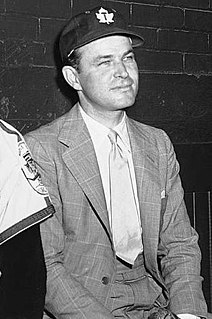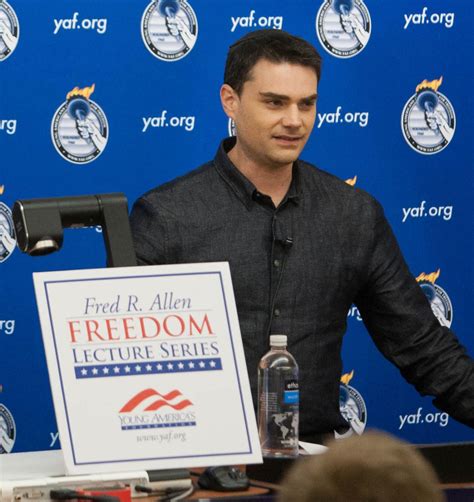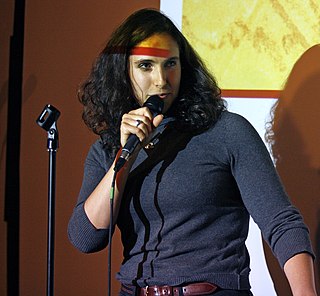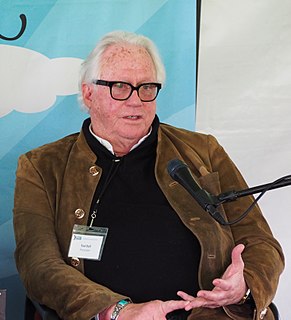A Quote by Patrick Rothfuss
If you're going to have a book full of clever people and nobody ever jokes, it's just not going to ring true to the reader. That said, humor writing is the hardest kind of writing there is.
Related Quotes
You've got to be a good reader. So whatever genre that you're interested in, read a lot of books about it and it's better than any kind of writing class you'll ever take. You will absorb techniques and then in a lot of cases you can just start writing using the style of the book or the author that you admire and then your own style will emerge out of that. Be a diligent reader and then try to write seriously, professionally and approach everything in writing in a professional way.
For me, the hardest part is getting up and writing, that's the hard part. I always felt like I could teach someone to direct if I really had to. I feel like it's a skill that's passable, but writing... writing is the worst. That's what I'm doing right now, it's just the hardest thing that you'll ever do.
Tweeting is a great way to practice writing jokes, but there is so much more to comedy writing than just jokes. Jokes are a necessity, but you also have to learn how to write characters, to break a story, to keep coherence between episodes. I've learned more by being a TV writer than I ever could've on my own.
It's insane to be a writer and not be a reader. When I'm writing I'm more likely to be reading four or five books at once, just in bits and pieces rather than subjecting myself to a really brilliant book and thinking, "Well what's the point of me writing anything?" I'm more likely to read a book through when I take a break from writing.
Movies are definitely more fun because there are so many different seasons in a movie. It is exciting to be drafting together. Writing a book is very hard, it's like writing 15 college term papers in a row, and you are just like, "when is going to end?" You can communicate so much more when you are writing a book, and you can go so much deeper.
When you get the ideas, that's a thrill; when you're writing the book and it's corning out well, that's a thrill; when you finish it and other people read it, that's a thrill. There are going to be reviews, of course; not everyone's going to love it. You feel sort of naked and vulnerable in a way. That's just a minor part of the process, really. If you can't take that part, you shouldn't be in the business. But there are so many joys to writing.





































